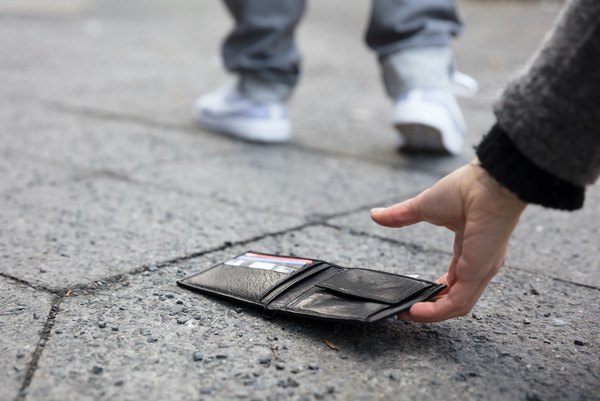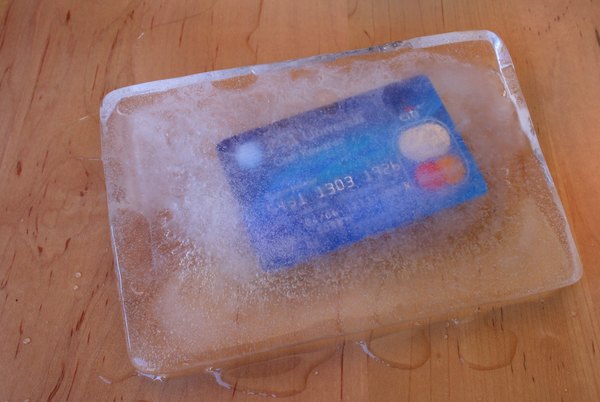Identity theft affects an estimated 14.4 million people each year, and new cases are reported frequently—about every two seconds, according to recent studies.
Identity theft is often linked to how personal information is shared, stored, or accessed. While no approach can guarantee complete protection, the tips below may help reduce your risk and support safer handling of your personal and financial data.
1. Avoid Using Public WiFi Networks Without a VPN
Using your phone, tablet, or computer to check email or log in to sensitive accounts on public WiFi can increase risk. Public networks may lack strong security controls, which can make it easier for unauthorized parties to access information such as browsing activity, passwords, location data, files, emails, or chats.
It’s also best to avoid accessing financial accounts or email on shared or public computers, such as those in libraries or hotels.
If you need to use a public WiFi network, using a VPN (Virtual Private Network) may help add a layer of security. A VPN encrypts your internet connection, which can make data transmission more private. Apps like ExpressVPN and Encrypt.me offer VPN options that work across multiple devices, though effectiveness depends on proper setup and use. When using a VPN, network activity may be less visible to others on the same network, including the internet service provider.
In addition, consider turning off device sharing settings so others cannot easily access your information.
Other steps that may help increase privacy include:
- Using HTTPS-enabled websites whenever possible
- Enabling two-factor authentication when logging into accounts
Staying aware of your surroundings and the information you access in public places can also help lower risk.
2. Use Different Passwords for Every Account You Create
If a username and password are compromised, they may be tested on other services. Using a unique password for each account can help limit how much access a single breach provides.
Because managing multiple passwords can be difficult, some people choose to use password managers such as 1Password, Dashlane, or LastPass. These tools are designed to store passwords securely and autofill them when needed, though security depends on using strong master passwords and keeping software up to date.
3. Monitor Your Accounts
Regularly reviewing your credit report and checking financial accounts may help you spot unusual activity earlier. Review credit cards, bank accounts, and accounts you don’t use often, and report suspicious activity to the appropriate credit bureau or financial institution as soon as possible.
If you don’t expect to apply for credit in the near future, you may consider placing a credit freeze by following guidance such as this overview from Experian on how to freeze your credit. A freeze can limit access to your credit file, which may help reduce the risk of new accounts being opened in your name. If you place a freeze, you’ll need to temporarily lift it when you plan to apply for credit, such as when buying a car or home.
4. Be on the Lookout for Phishing Scams
Some identity theft attempts rely on messages that appear to come from banks or other trusted organizations. These emails, texts, or calls may request passwords or personal information, or include links that look legitimate but lead to fraudulent websites.
To reduce risk, be cautious of unsolicited messages asking for sensitive information. It’s generally safer to visit your bank’s website by typing the address directly into your browser rather than clicking links in emails.
Avoid sharing personal information over the phone or by email if you did not initiate the communication. If you’re unsure, you can hang up and search for the organization’s official contact number rather than using the number provided by the caller.
Tips to Prevent Identity Theft: Final Thoughts
While no strategy can fully eliminate identity theft risk, following these tips may help reduce exposure. Monitoring your accounts and being cautious with personal information can support better financial security over time.
If you’re looking for additional ways to manage your finances, you may find this article on simple ways to save money helpful.



